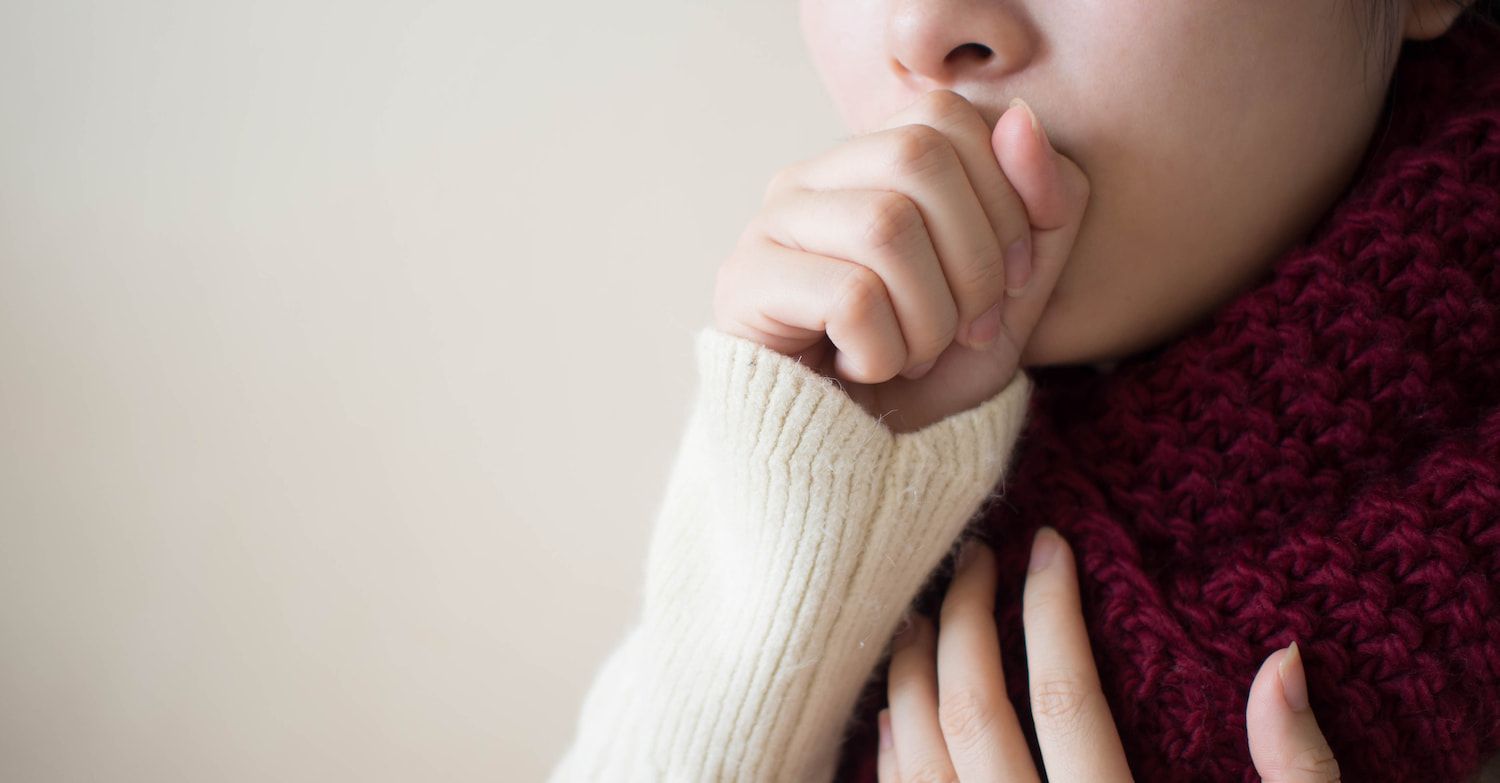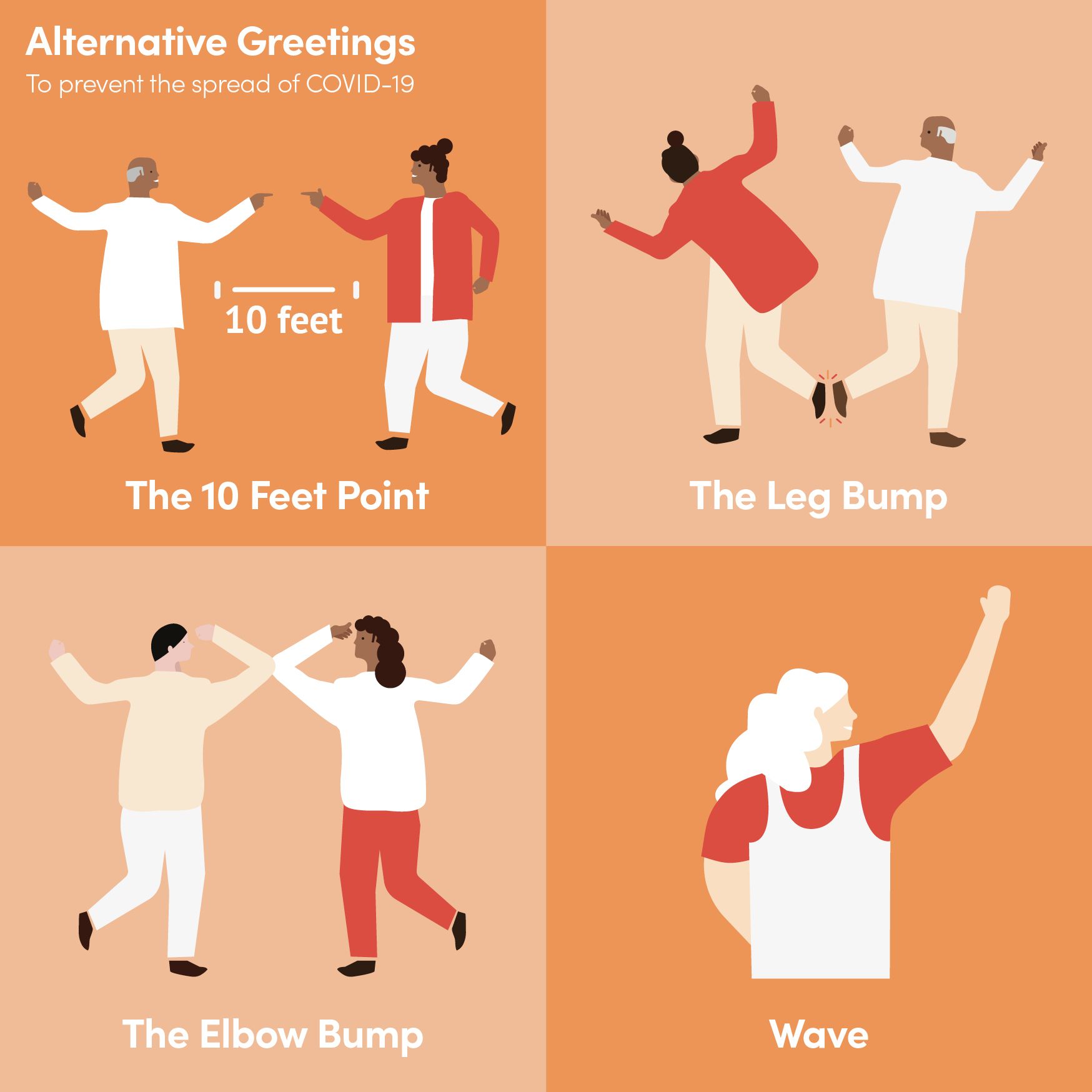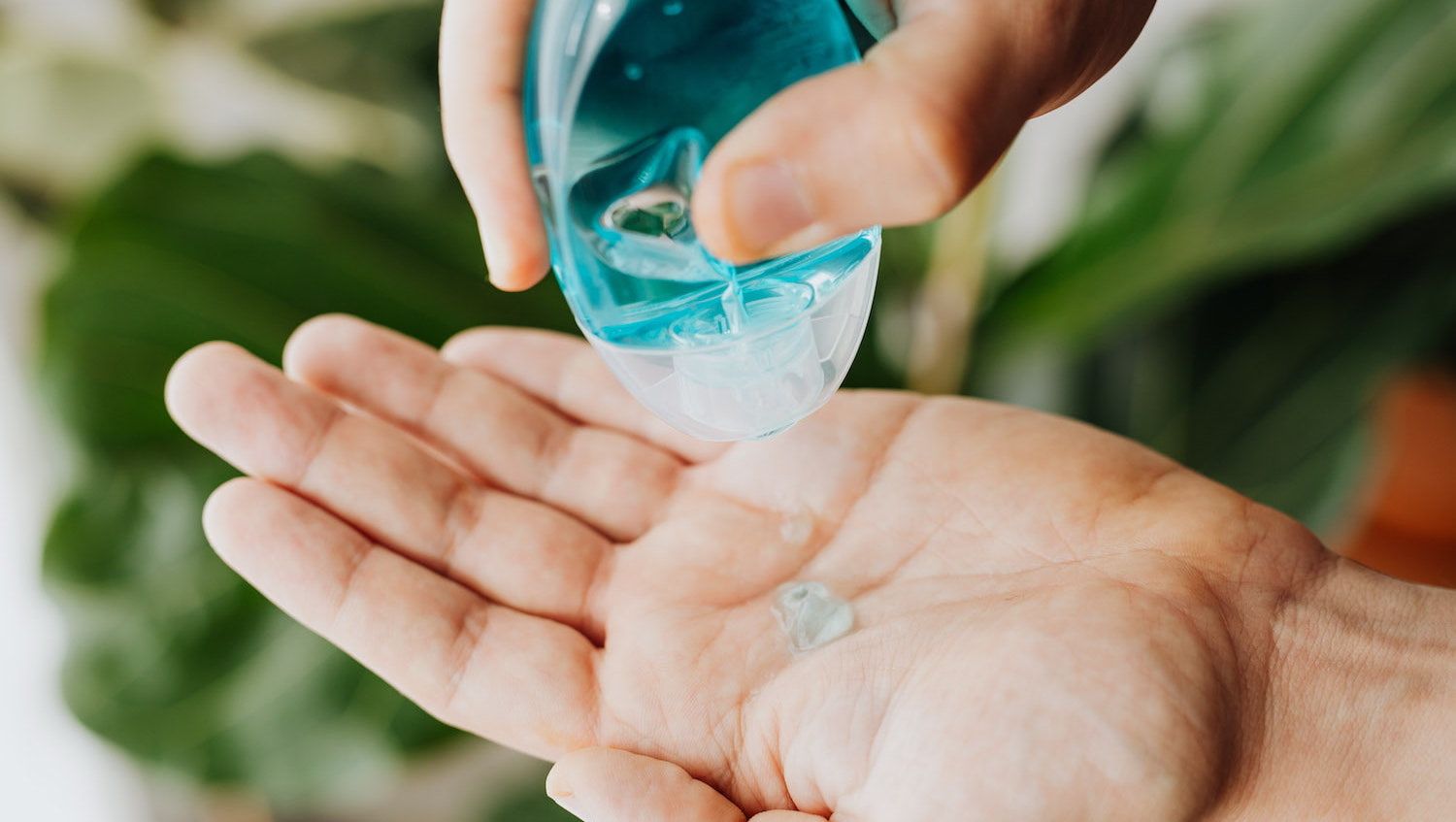What is coronavirus and how can you protect yourself?
Until mid-January, most of us had never heard of coronavirus or Covid-19. Following the first reported cases in Wuhan, China, in December 2019, the disease has since been found in 65 countries, including Japan, Italy, the USA, and here in the UK.
With news reports and headlines increasing by the day, it can feel overwhelming - particularly if you’re already experiencing health anxiety or other mental health issues.
At Happiful, we want to clear up some of the confusion and ease your worries. Here we explore what you need to know about coronavirus: what it is, how to prevent spreading it, and tips to help you stay physically and mentally healthy.
Download our coronavirus PDF. Print it out and display it in your workplace.

What are coronavirus symptoms?
The main symptom of the virus is a fever (high temperature), followed by a dry cough. After a week, this can lead to shortness of breath, which may require hospital treatment.
It’s important to remember that if you have one or all of these symptoms, it does not necessarily mean you have the virus. The symptoms are similar to those of much more common illness, like colds and flu.

How dangerous is coronavirus?
A World Health Organisation (WHO) study of 56,000 patients predicts that four out of five people who contract coronavirus will only experience mild symptoms. It suggests:
- 80% develop mild symptoms
- 14% develop severe symptoms
- 6% become critically ill
In cases of critical illness, the virus can cause pneumonia, severe acute respiratory syndrome, and multiple organ failure. While there have been a small number of cases in the UK so far, it is impossible to know if and when the virus will turn into a major outbreak here. But, it is reassuring to know that the proportion of people dying from the disease so far appears low – between 1% and 2%.
The important thing to bear in mind is that anyone can catch it, but the NHS advises that the risk to individuals in the UK is low. Young children are unlikely to catch it. Elderly people are the most at risk.
You can be a carrier of the virus without displaying any symptoms.
What can I do to avoid catching coronavirus?
We cannot control the actions of others or who we may come into contact with over the coming weeks or months. What we can do, though, is to learn how to protect ourselves and limit the chances of picking up the disease.
Maintain good hygiene
Regular and thorough hand washing is essential in preventing the spread of the disease. Using soap and getting a good lather is really important. The recommendation is to wash hands for around 20 seconds, making sure to rub the tips of your fingers and the gaps in between. If soap and water are not available, use an alcohol-based hand sanitiser.
Washing your hands 👐 is one of the ways to protect yourself and others from getting sick.#COVID19 #coronavirus pic.twitter.com/h0mLy3LaDv
— World Health Organization Western Pacific (@WHOWPRO) March 2, 2020
Although it is not yet known exactly how coronavirus is spread from person to person, we do know that similar viruses are spread via droplets – when a person coughs or sneezes. So, coughing or sneezing into a tissue (or into your flexed elbow) and discarding the tissue immediately into a closed bin is encouraged. Additionally, not touching your face with unwashed hands is also really important.
If you can, keep doors open – to prevent the need to touch door handles after washing hands – or take extra care to keep door handles clean. And the use of alcohol wipes can help to keep other surfaces clean, such as phones and keyboards.
Take social distancing measures
Avoid unnecessarily close contact with others, particularly people who are sick – anyone who has a fever or a cough. Be mindful that whilst shaking hands or kissing on the cheek might be friendly ways of greeting others, if you want to limit the risk of spreading illness, it might be better to use alternative ways of greeting people for the time being.

Should I buy a face mask?
Experts say that surgical face masks give a false sense of security. In order to be effective, these masks would need to be changed frequently, removed properly and disposed of safely.
The better option is to be vigilant with personal hygiene and avoid close contact with others.
What to do if you’re worried about coronavirus
“Having ways to manage your anxiety around the coronavirus will make the next weeks and months more manageable,” says counsellor Pam Custers. “We may know that, rationally, the chances of getting the virus are negligible, and even then the vast majority of people recover quickly, but our minds may still go into overdrive.”
The following tips can help you to manage your fears and anxieties about coronavirus.
Use reputable information sources
If you think you have symptoms, do not to go to your GP or hospital – instead, call the NHS 111 phone service. Be sure to seek medical advice early and share information about any recent travels.
If you have come into contact with someone who may be infected, the experts are encouraging people to self-isolate for 14 days. The self-isolation process includes:
- Staying at home (working from home, if possible)
- Not going to work, school or public places
- Not use public transport or taxis
- Asking friends, family members or other services to complete errands for you
- Avoiding having visitors to your home – it's OK for friends, family or delivery drivers to drop off food
However, it’s important not to jump to conclusions. These are measures to take if you think it necessary for the benefit of your health, or others'.
For people who have travelled back to the UK from affected areas, the government has issued details of the countries concerned and whether you need to self-isolate.

Stay informed but keep things in perspective
If you are worried about something, it can be tempting to constantly seek out information. But, watching upsetting footage or reading the latest news from other countries isn’t always useful.
“Each time we watch yet another news clip, we are re-engaging the anxiety. We are reigniting the anxiety,” says Pam.
If you’re finding the news about coronavirus overwhelming, Pam suggests taking a break from watching news clips, to allow you to start focusing on your life, as opposed to wondering 'what if?'. “Consciously deciding to have a healthy boundary to how much news you watch is an excellent first step in taking back control.”
Seek emotional support
If you’re struggling, there is help available. For people with anxiety – particularly health anxiety – it can be helpful to talk to someone about your worries. A counsellor can help you to understand why your fear of illness makes you feel anxious and notice when and why your behaviour changes, in order to break this negative cycle.
You can find out more about health anxiety on Counselling Directory. If going out is difficult for you right now, you can still access support remotely – many therapists offer counselling online or over the phone if that feels like a more manageable option.
If you need more information on how to protect yourself from the new coronavirus, check the following websites:


Comments